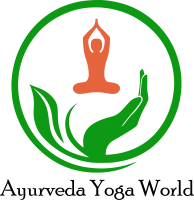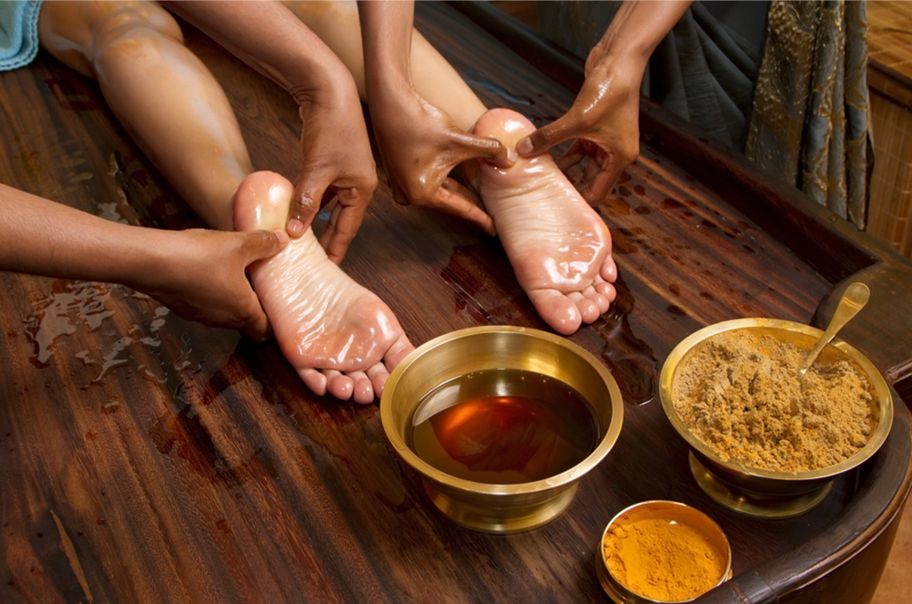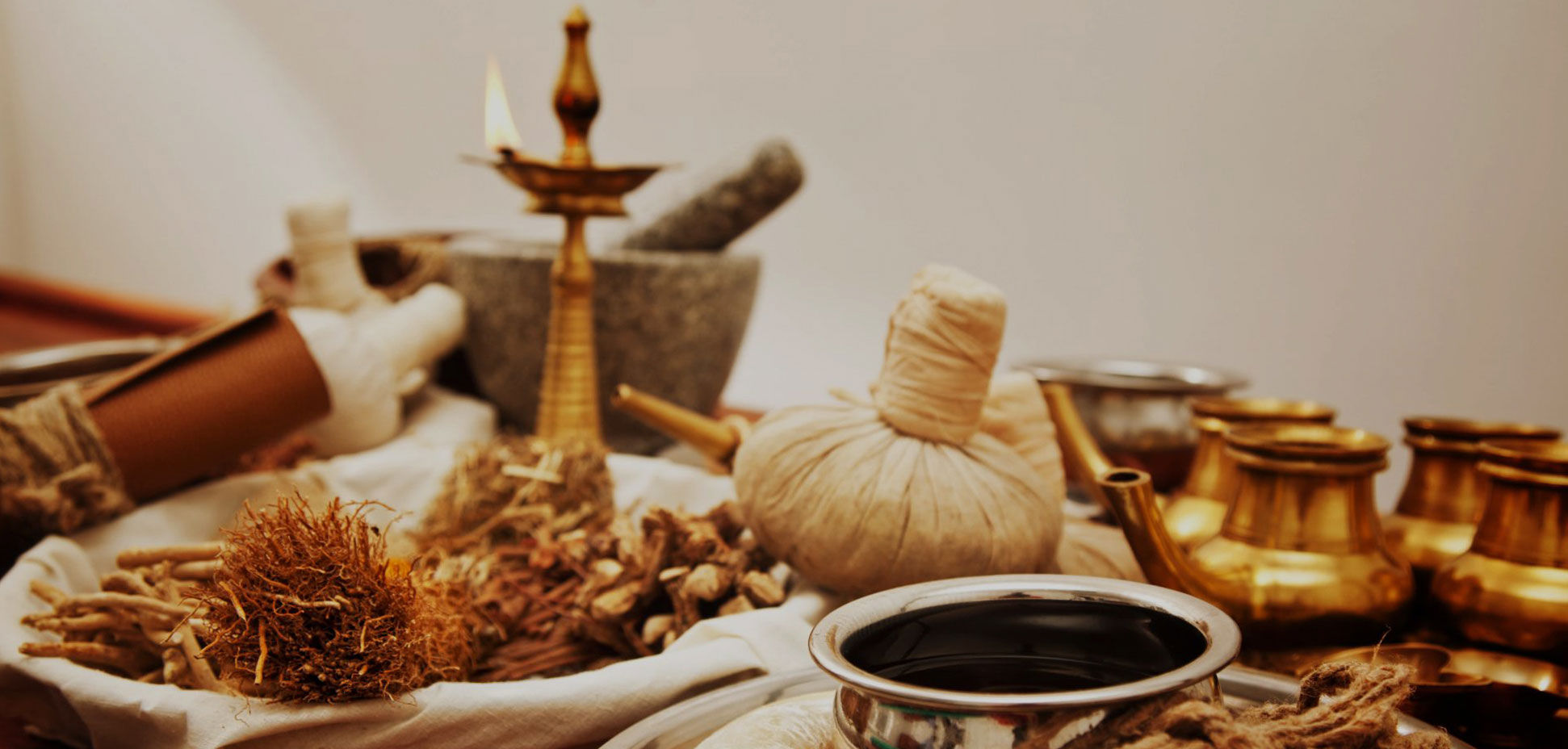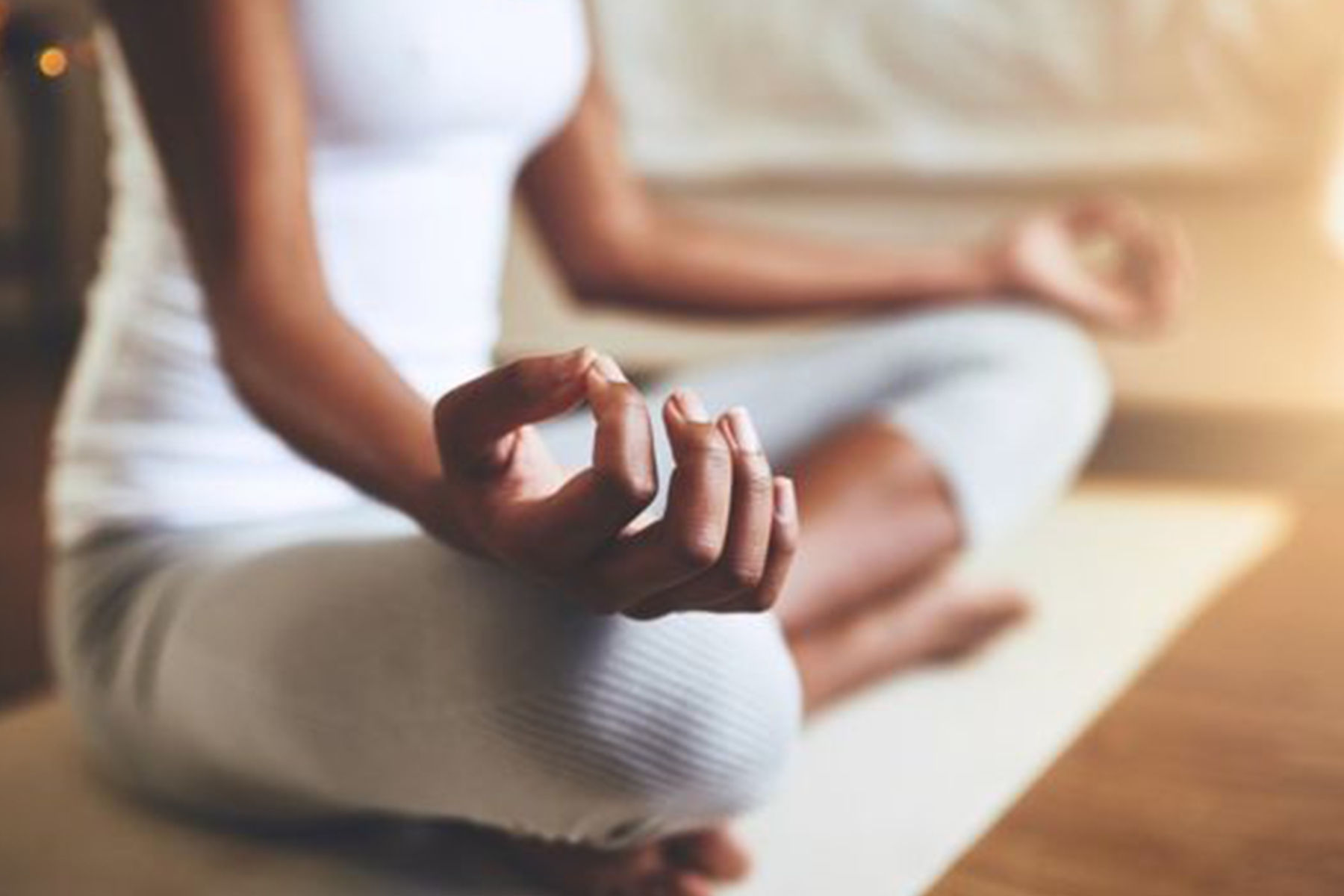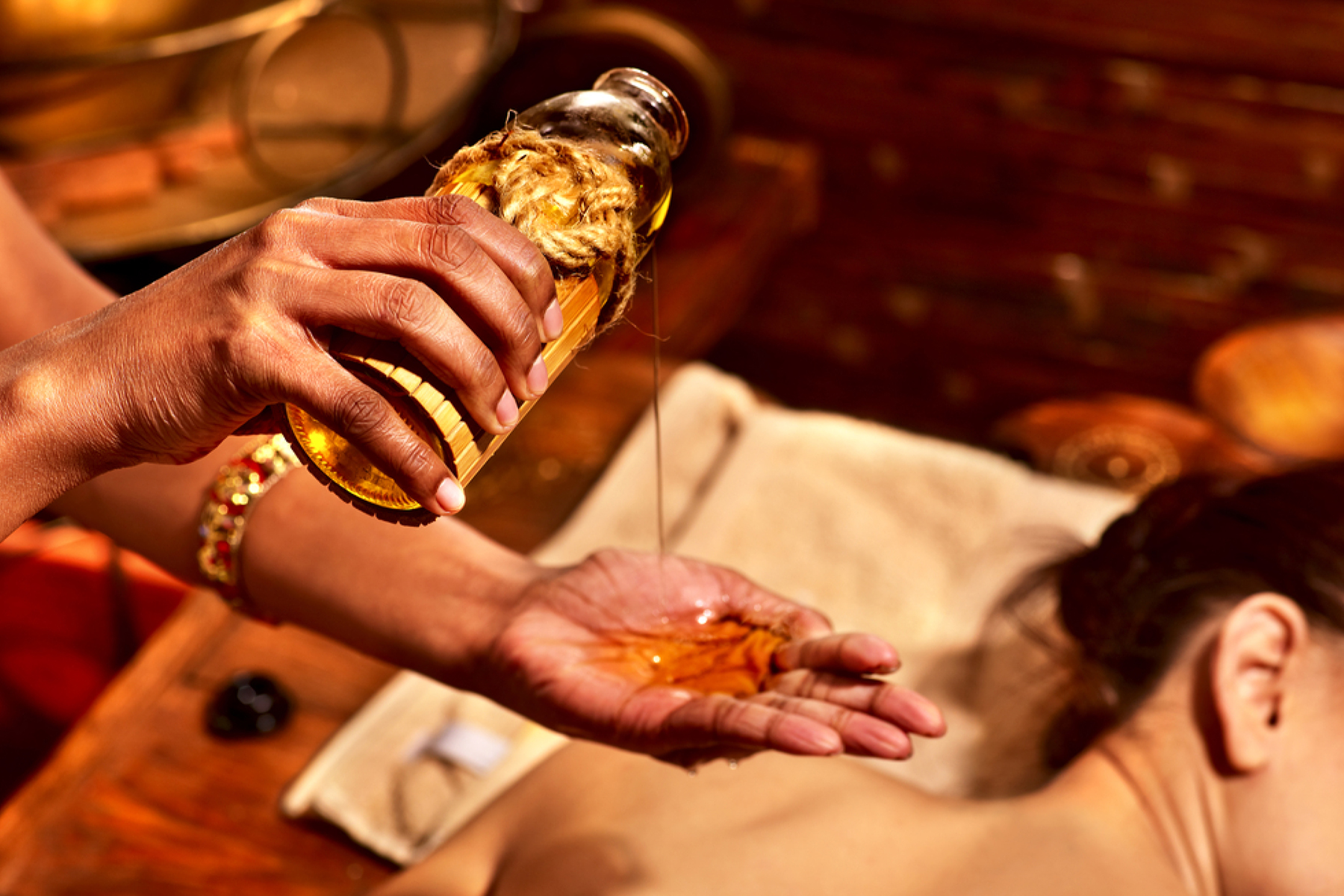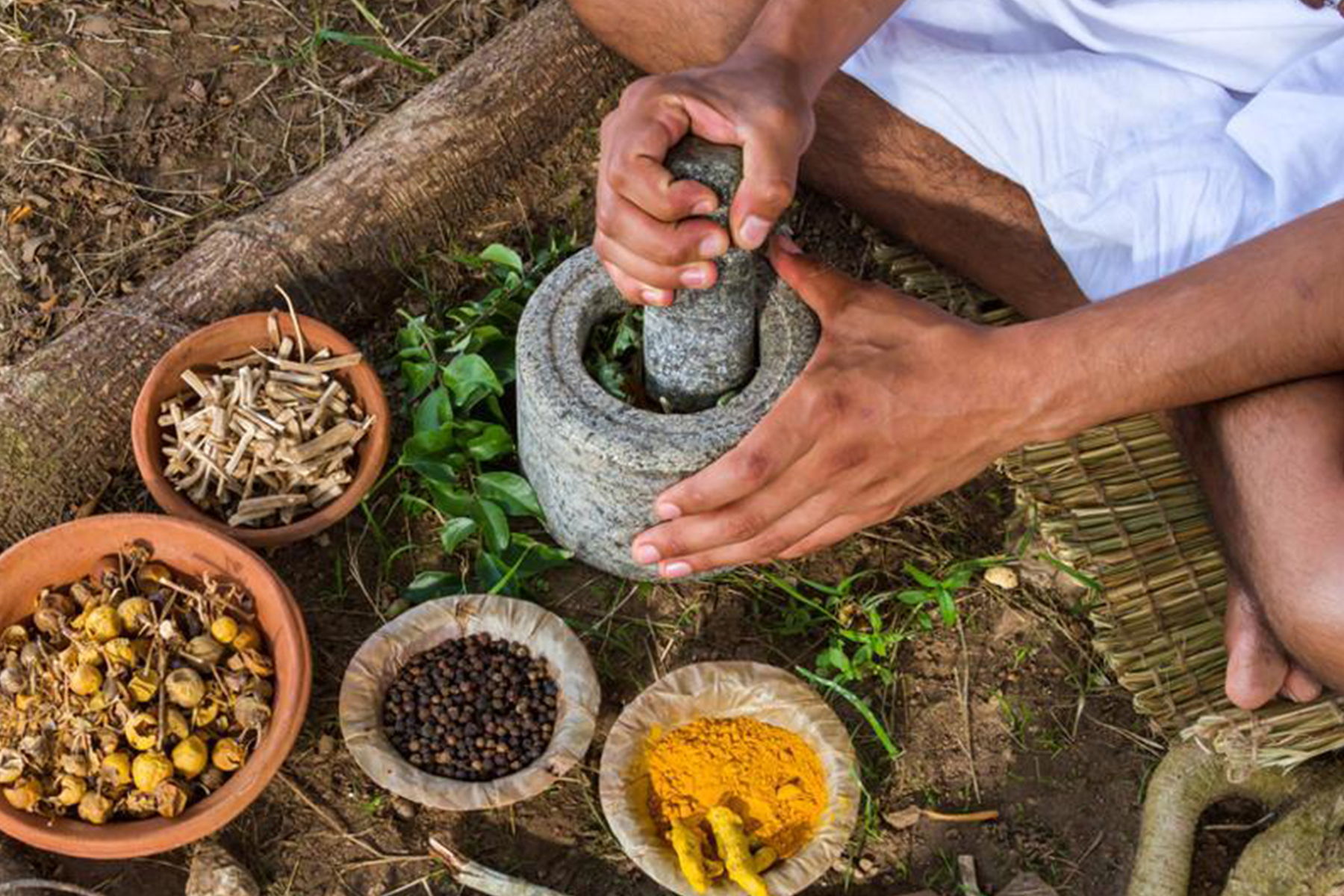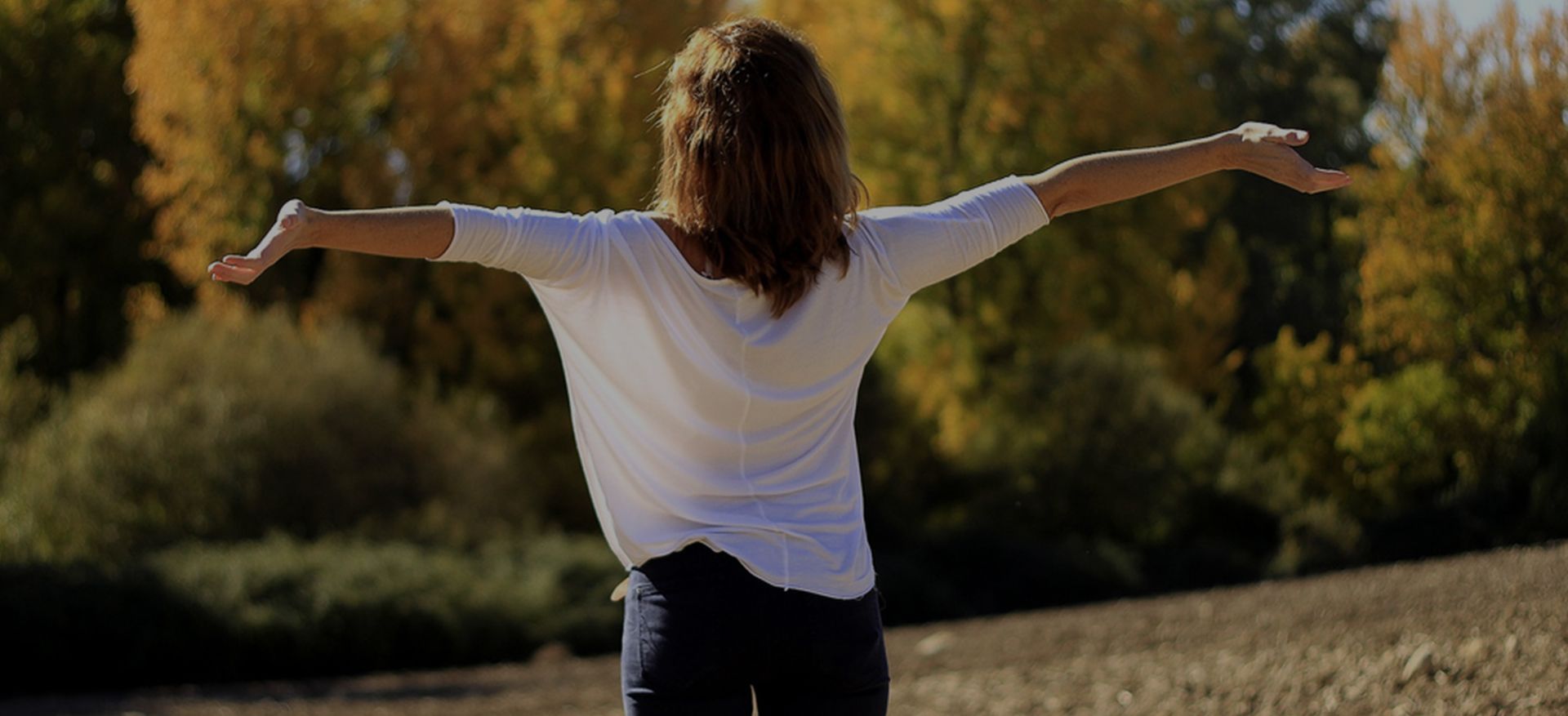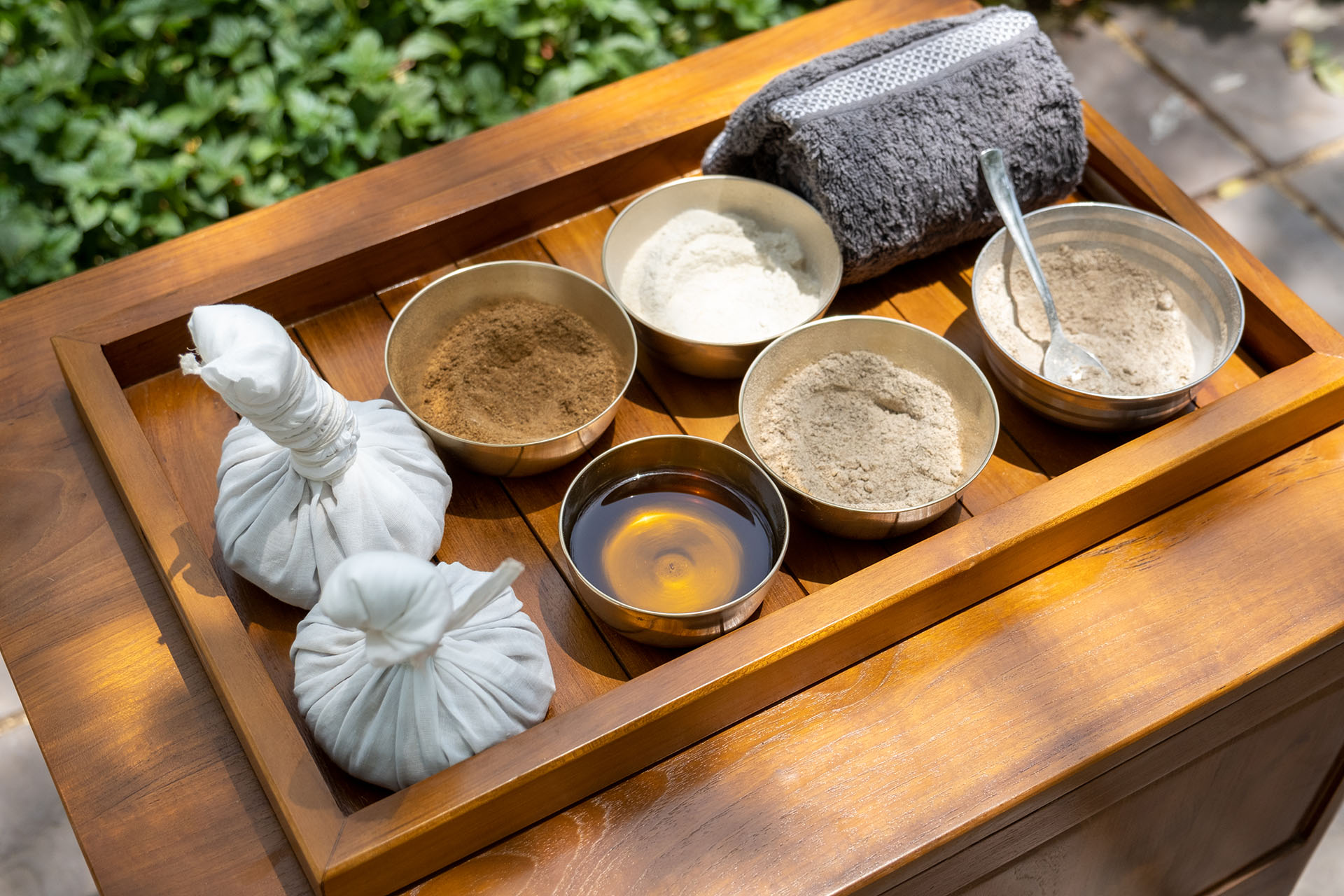
Ayurvedic Panchakarma Concepts
Introduction
Panchakarma is a traditional Ayurvedic detoxification and rejuvenation therapy that originated in India. It is designed to cleanse and purify the body, mind, and soul, and it consists of a series of therapeutic treatments. The term “Panchakarma" is derived from two words: “Pancha," which means five, and “Karma," which means actions or therapies.
The five main concepts of Panchakarma are as follows
Vamana (Emesis)
Vamana is a therapeutic procedure used to eliminate excess Kapha dosha from the body. It involves the controlled induction of vomiting, usually using herbal medicines. Vamana helps to clear respiratory congestion, improve metabolism, and address conditions related to excessive mucus.
Virechana (Purgation)
Virechana is a cleansing method that aims to remove excess Pitta dosha from the body. It involves the use of laxatives or herbal purgatives to induce controlled bowel movements and rid the digestive system of accumulated toxins. Virechana is beneficial for conditions related to liver disorders, skin problems, and digestive issues.
Basti (Enema)
Basti involves the introduction of medicated oils or decoctions into the rectum to eliminate accumulated Vata dosha and toxins from the colon. It is considered one of the most important and effective Panchakarma therapies, as it helps to nourish and lubricate the tissues, improve digestion, and alleviate Vata-related disorders.
Nasya (Nasal Administration)
Nasya involves the administration of medicated oils or herbal preparations through the nostrils. This therapy helps to cleanse and clear the nasal passages, improve respiratory functions, and treat conditions related to the head and neck.
Rakta Mokshana (Bloodletting)
Rakta Mokshana is the process of controlled removal of a small amount of blood from the body. It is used to purify the blood and is considered beneficial in the treatment of certain skin conditions and disorders related to impure blood.
Conclusion
Before undergoing Panchakarma, an individual's Ayurvedic constitution (Prakriti) and the current state of imbalances (Vikriti) are assessed by an Ayurvedic practitioner to determine the most appropriate therapies and treatment plan. Panchakarma is a comprehensive approach to wellness that aims to restore balance and harmony within the body, mind, and spirit, promoting overall health and well-being. It is usually recommended to be done under the guidance of a qualified Ayurvedic practitioner to ensure safe and effective results.
